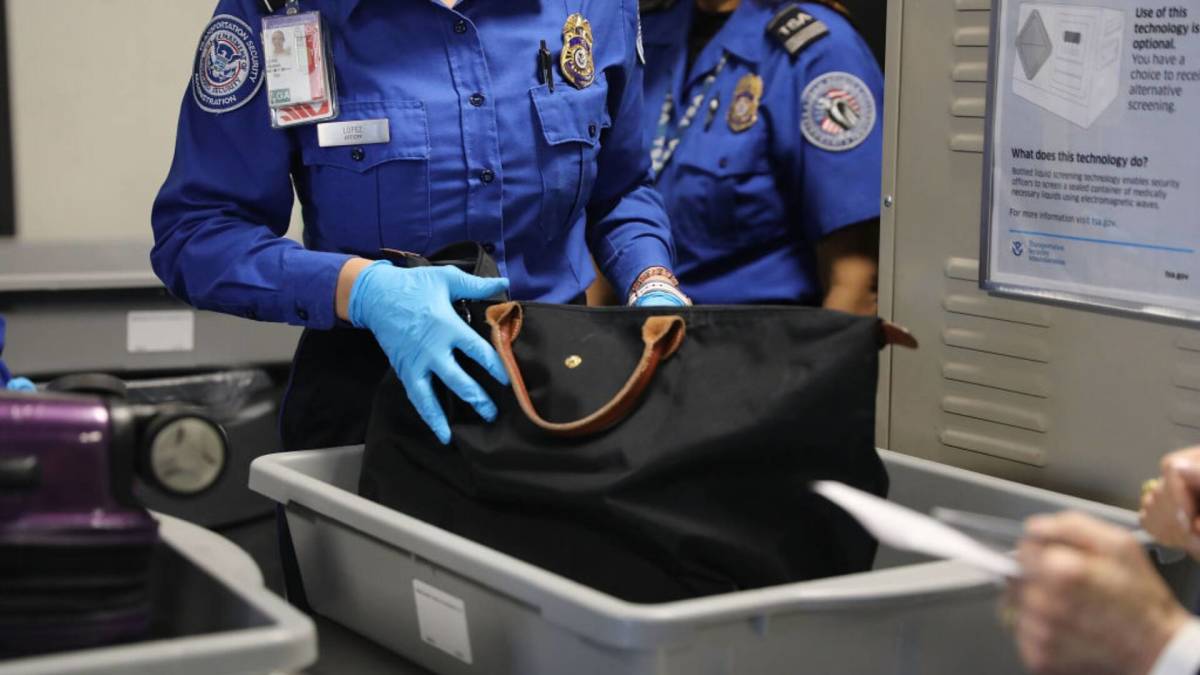Popular holiday destination just launched hefty tax for arrivals by plane
Once considered somewhat of a joke about how locals should tax tourists for the inconvenience they cause, the concept of the "tourist tax" is now old news, since places as diverse as Spain, Aruba, Indonesia, Wales, and New Zealand all have some version of a levy on either entering the country or ...

Once considered somewhat of a joke about how locals should tax tourists for the inconvenience they cause, the concept of the "tourist tax" is now old news, since places as diverse as Spain, Aruba, Indonesia, Wales, and New Zealand all have some version of a levy on either entering the country or staying in short-term accommodations.
Designed to be low enough to not be a dealbreaker and largely go unnoticed amid the overall cost of one's holiday, the freed-up funds usually get redirected to various environmental efforts and preservation of natural sites that have been impacted by larger numbers of visitors.
Some, like the African island nation of the Maldives, which is particularly prone to erosion from rising sea levels, frame it outright as a Green Tax that can be reduced from $12 to $6 a night by staying in an eco-friendly guesthouse instead of a traditional hotel.
As tourist tax becomes common, will taxes on arrival by plane follow?
With much discussion around the environmental impact of commercial air travel, Singapore just became the first country in the world to introduce a green fuel tax on anyone coming in or out of the city-state by plane.
The Civil Aviation Authority of Singapore (CAAS) has introduced what it calls the Sustainable Aviation Fuel Levy (SAF), which rises by both distance traveled and fare class chosen.
Related: Here is why one airline CEO keeps saying sustainable fuel is a myth
Economy travelers on short flights within Southeast Asia will pay S$1 ($0.77 USD), while those flying in business class from another continent will have the steepest fee of more than S$40 ($31 USD) added to their ticket price.
Due to the continent's distance from Singapore, North American travelers will get slapped with the heftiest charges of S$10.40 ($8 USD) for those flying economy and up to S$41.60 (€31.85) for those flying premium classes.
CAAS Director-General Han Hok Juan classified the fee as a "mechanism for all aviation users to do their part to contribute sustainability at a cost which is manageable for the air hub." shutterstock
"We are giving industry, businesses and the public time to adjust": CAAS
"We need to make a start," Juan said in a statement to local outlets. "We have done so in a measured way and we are giving industry, businesses and the public time to adjust."
The new fees will start to be charged on all flights departing after October 1, 2026 and will go toward development and promotion of SAFs in Singapore's aviation industry (while not as efficient as jet fuel, SAF can currently be used as a drop-in blend on certain planes).
More on travel:
- Major airline launches surprising flight between Las Vegas and Paris
- United Airlines CEO gives stark warning on Olympic Games
- The highest rooftop in Barcelona is in a surprising place
- US government issues sudden warning on Switzerland travel
The new tax comes as Singapore set a goal to have one percent of the jet fuel used on flights to the country be SAF by 2026.
The wider Singapore Sustainable Air Hub Blueprint aims to bring down the country's total jet fuel emissions from 2019 by 20% to 2030 and reach net zero by 2050. It also comes amid the COP30 climate summit taking place in Brazil in November.
Related: Airline to cancel all flights to country over geopolitical instability
What's Your Reaction?




















































